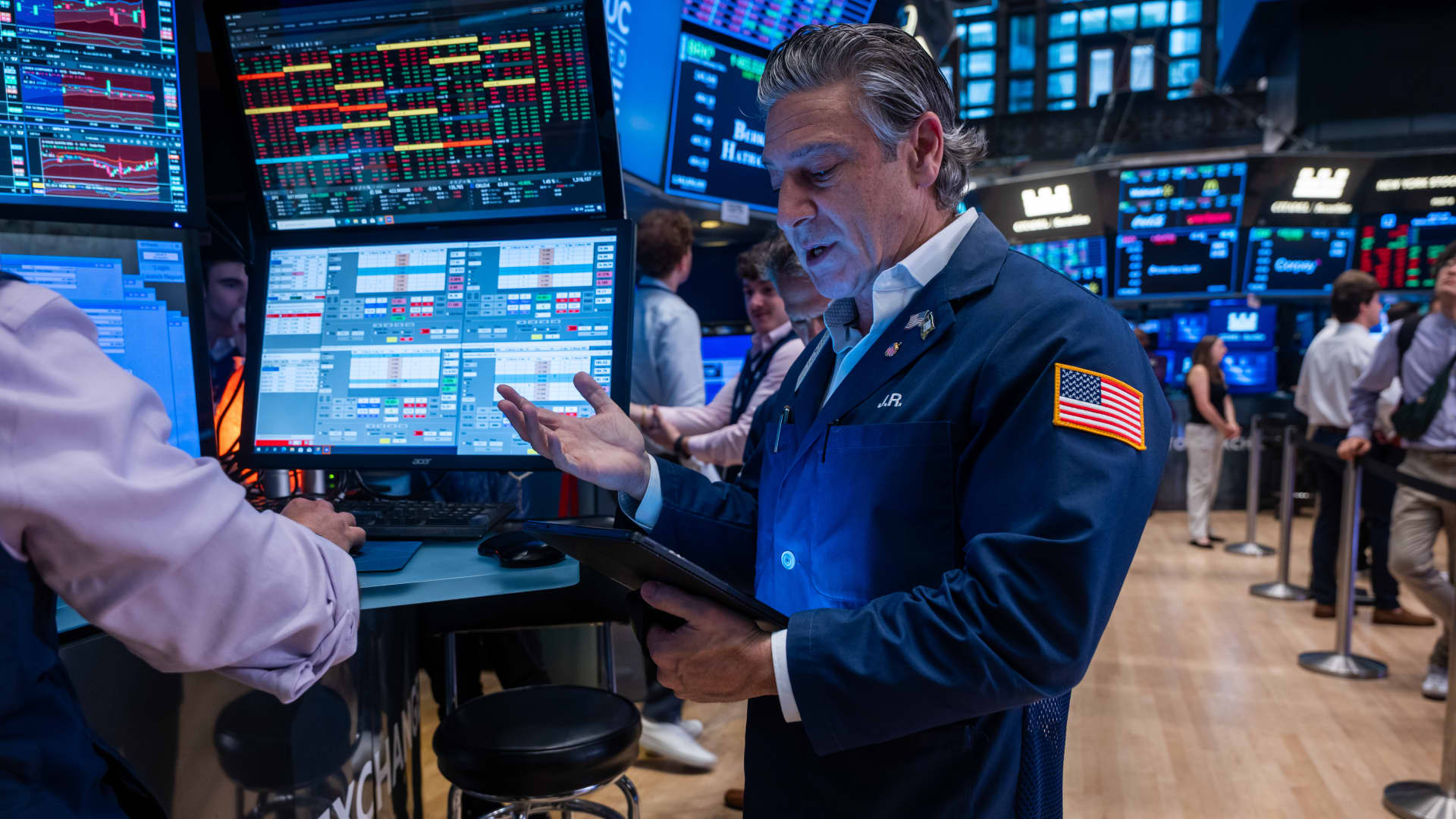On June 18, 2025, traders were busy on the floor of the New York Stock Exchange (NYSE) as U.S. stocks experienced an uptick. The market rallied as investors reacted to the latest Federal Reserve policy on interest rates while keeping an eye on ongoing developments in the Middle East.
The Dow Jones Industrial Average increased by 102 points, or 0.2%. Similarly, the S&P 500 also rose by 0.2%, and the Nasdaq Composite edged up by 0.3%. The Federal Reserve opted to maintain its key interest rate on Wednesday, leaving it unchanged at a range of 4.25% to 4.5%, a position it has held since December.
However, the central bank did adjust its forecasts, lowering its growth outlook and raising its inflation projections for 2025 while still anticipating two more cuts within the year.
In the backdrop of stock market fluctuations, President Donald Trump informed reporters outside the White House that Iran had expressed interest in sending a delegation to Washington for negotiations. This announcement contributed to a dip in oil prices and a positive shift in stock valuations. “They want to negotiate,” Trump remarked. “They even suggested that they come to the White House. That’s courageous. It’s like not easy for them to do.”
Earlier in the week, market sentiments were dampened by escalating tensions between Israel and Iran. The conflict, which has now persisted for six days, escalated further when Iran’s supreme leader, Ayatollah Ali Khamenei, declared that Iran would not capitulate and threatened that the U.S. would face “irreparable damage” if it intervened.
This follows Trump’s address on his Truth Social platform, where he threatened the Iranian leader, stating that “our patience is wearing thin” and demanding “UNCONDITIONAL SURRENDER!” Reports have surfaced from current and former administration officials indicating that Trump is considering various options regarding Iran, including the possibility of a military strike.
Market analysts have noted that investors appear eager to mitigate geopolitical risks. Zachary Hill, head of portfolio management at Horizon Investments, commented to CNBC, “The market just seems very keen to fade geopolitical risk. That has been historically the right thing to do, so I think that’s kind of what’s driving us so far today.”

